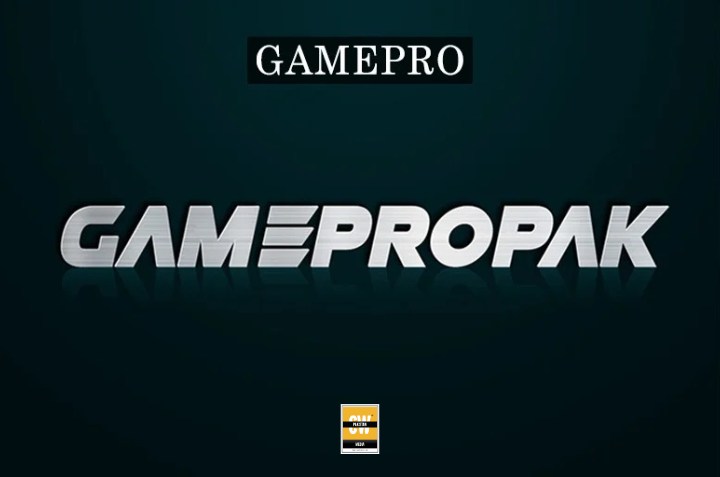September 2025 isn’t pulling punches. From long-awaited sequels to flashy new IPs, this month is packed with major PC game releases that will dominate gaming discourse globally. But for players navigating throttled broadband, aging hardware, Steam region pricing (when it works), and wallets always negotiating with the dollar—these releases mean something a little different. The excitement is real, yes, but it comes filtered through availability, affordability, and survivability on the average rig. Here’s what’s coming and why it matters.
The month kicks off with Metal Eden, a shooter built like a fever dream. It’s all chrome limbs, energy swords, and parkour against a backdrop of dystopian collapse. Think DOOM Eternal meets Ghostrunner with a heavier, more dramatic sci-fi layer. The movement is slick, the weapons louder than sense, and the visual ambition off the charts. But that’s the thing. Visual ambition is expensive. For a lot of PC gamers, even those with decent setups, Metal Eden may be a stretch. If you’re sitting on a GTX 1050 or an older laptop GPU, you’re probably looking at turning settings to low, capping frame rates, or waiting for a cloud version. It’s the kind of launch that makes you weigh wishlist versus wallet before you even hit download.
Next up, just two days later, is Hollow Knight: Silksong. This one needs no introduction. Team Cherry’s long-anticipated sequel has finally arrived after years of silence, fake leaks, and painful Nintendo Direct absences. Silksong shifts the spotlight from the nameless knight to Hornet and promises a more agile, acrobatic style of play while preserving the moody depth and haunting quiet that made the original a cult favorite. But here’s the real magic: this game doesn’t need an RTX 4090 or a gigabit internet connection. It’s built to run on modest specs, to feel snappy on mid-range hardware, and to download in hours rather than days. It’s the rare big release that won’t punish players with older rigs or slower lines, which is why it’s likely to explode across forums the moment it lands.
On September 5 comes Cronos: The New Dawn. You’ve probably seen less about this one, and that’s a shame. It’s a sci-fi RPG with an emphasis on narrative, choice, and mood. There’s no viral TikTok filter, no meme-able character yelling about loot, no explosive combat trailer. Instead, it’s slow, cinematic, and designed to be sat with, not sped through. For gamers who grew up on Mass Effect, Deus Ex, or even The Technomancer, this is the one to watch. But it’s also the one that risks getting lost in the noise of louder launches if players aren’t looking for it — the kind of game you discover weeks later and wonder why nobody told you sooner.
Then there’s Borderlands 4, launching globally around September 11 and 12. This is the big one. The kind of title that comes with a Spotify playlist, a cross-promotional burger meal, and twenty YouTubers saying “So I played Borderlands 4 early…” It promises everything: more guns, more chaos, a new traversal system, and better pacing than the sometimes meandering third entry. But here’s where the disconnect starts. A game like Borderlands 4 doesn’t just come with hype. It comes with a question: can we afford it, can our connections handle the patches, can our PCs run it without feeling like jet engines? That tension sits underneath every trailer, every pre-order button.
All of this tells a story bigger than just game releases. It’s about access. About how gamers engage with global titles on their own terms. For many, the decision to buy or not buy doesn’t rest on review scores or ray tracing—it rests on internet stability, local pricing, and whether the game can survive on 8GB RAM. Even for the most plugged-in players, that calculation never really goes away.
But there’s an opportunity here too. Because while the AAA calendar bloats, indie games like Silksong remind us that impact doesn’t need a motion-capture studio. And while some players will struggle to afford Borderlands 4, others will find stories they weren’t expecting in games like Cronos. It’s not just about what drops—it’s about what sticks. What gets translated, what gets torrented, what gets discussed on late-night voice notes that start with “bro this game is different.”
This month is going to flood the feed. And not all of it will make it to dusty keyboards and old GPUs. But enough will. Enough always does. And for those still playing, still watching, still saving for that next upgrade—September might just be one to remember. Not because everything was played.
But because something was played twice.
Follow the SPIN IDG WhatsApp Channel for updates across the Smart Pakistan Insights Network covering all of Pakistan’s technology ecosystem.




